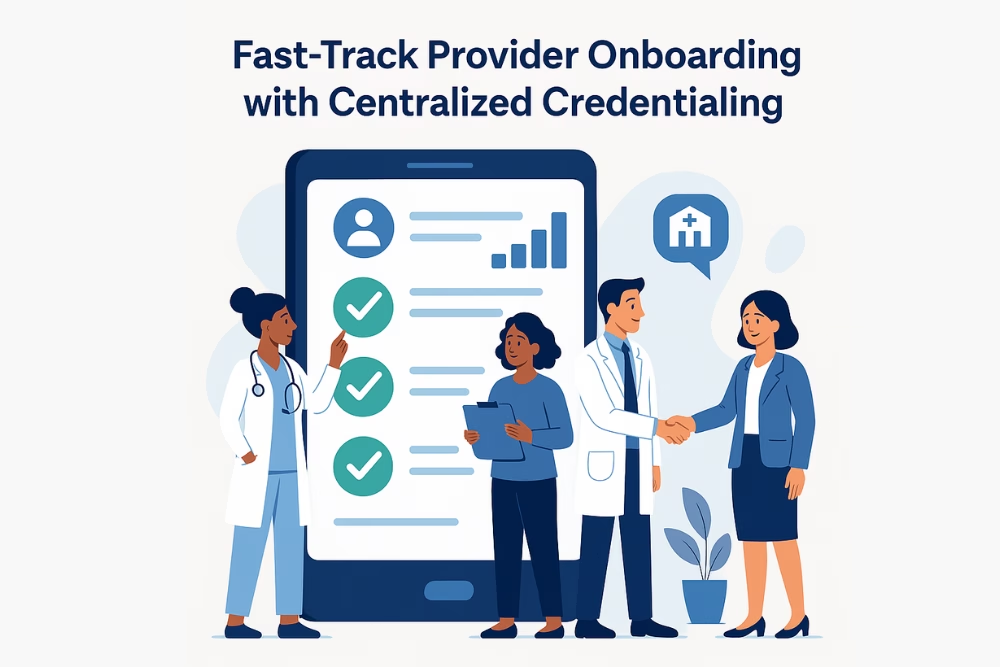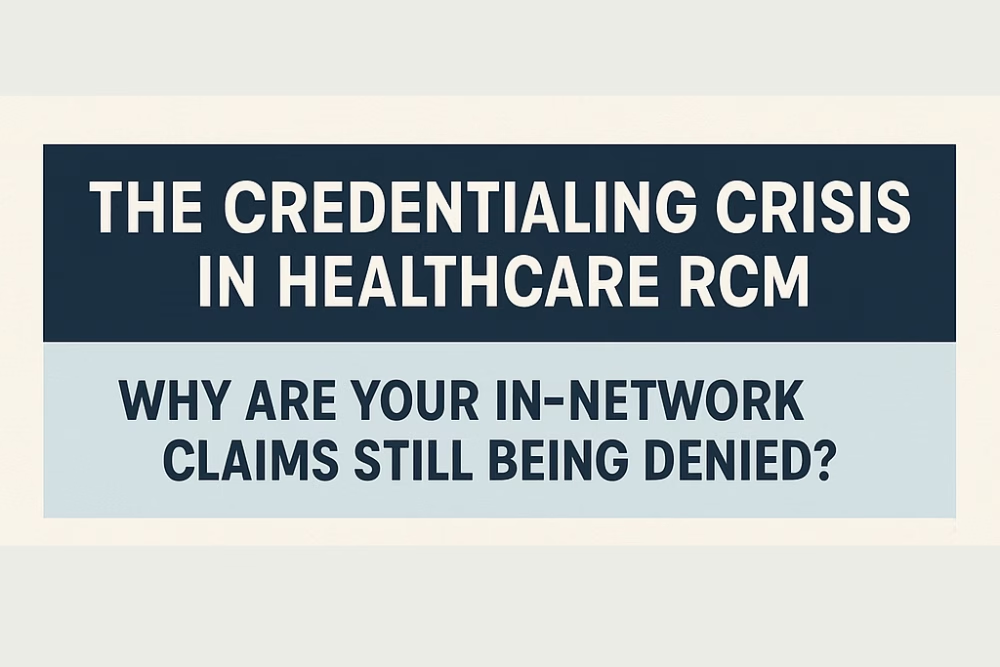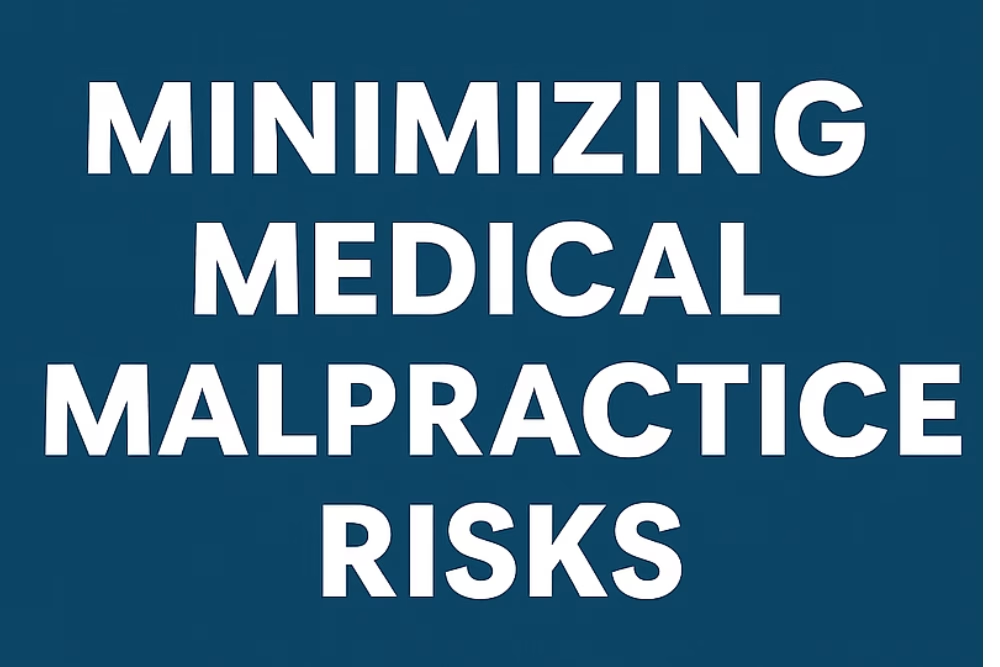In the ever-evolving healthcare landscape, staying compliant and streamlining operations are critical for success. One key component that healthcare providers, practice managers, and clinic owners must prioritize is NPI (National Provider Identifier) registration. This unique identifier is vital for insurance claims, patient records, and maintaining legal compliance. Here’s why ensuring proper NPI registration is non-negotiable:
1. Smooth Insurance Reimbursement
Without a registered NPI, insurance companies like Medicare, Medicaid, and private insurers won’t process your claims. This means delayed or even denied payments for services rendered. For practices that rely heavily on insurance reimbursements, such setbacks can disrupt cash flow and lead to significant financial challenges.
2. Ensuring Legal Compliance
Under HIPAA and the Affordable Care Act (ACA), healthcare providers are legally required to register an NPI for healthcare transactions. Failure to comply can result in fines, penalties, or even exclusion from participating in essential health programs. Staying compliant protects your practice from avoidable legal risks.
3. Accurate Patient Records
An NPI acts as a unique identifier that links healthcare providers to their patient records. This minimizes errors, especially during transitions like providers changing locations or practices. Proper NPI registration ensures that patient records remain accurate and seamless, contributing to better continuity of care.
4. Credentialing with Insurance Networks
Joining insurance networks is impossible without a valid NPI. Credentialing allows your practice to accept more insurance plans and attract a larger patient base. Without a registered NPI, you’re limiting your practice’s growth and ability to serve diverse patient needs.
5. Optimizing Revenue Cycle Management
Incorrect or missing NPI details can disrupt the entire revenue cycle. Denied claims lead to rework, resubmission, and delays in cash flow. Registering and maintaining accurate NPI information streamlines your revenue processes and reduces administrative headaches.
6. Eligibility for Quality Programs
Programs like MIPS, Meaningful Use, and PCMH require valid NPI numbers for participation. These programs often offer financial incentives and opportunities to enhance the quality of care. Missing out on them can place your practice at a competitive disadvantage.
7. Minimizing Legal Risks
Failing to register or update an NPI can expose your practice to audits, fines, or allegations of healthcare fraud. Maintaining compliance not only protects your practice legally but also safeguards your reputation in the healthcare community.
Take Action Today
Proper NPI registration isn’t just a formality; it’s a foundational element for running a successful and compliant practice. Don’t let errors or delays derail your operations. Get in touch with eClinicAssist to ensure your NPI registration and credentialing are handled with precision. Simplify your compliance processes and keep your practice running smoothly.







